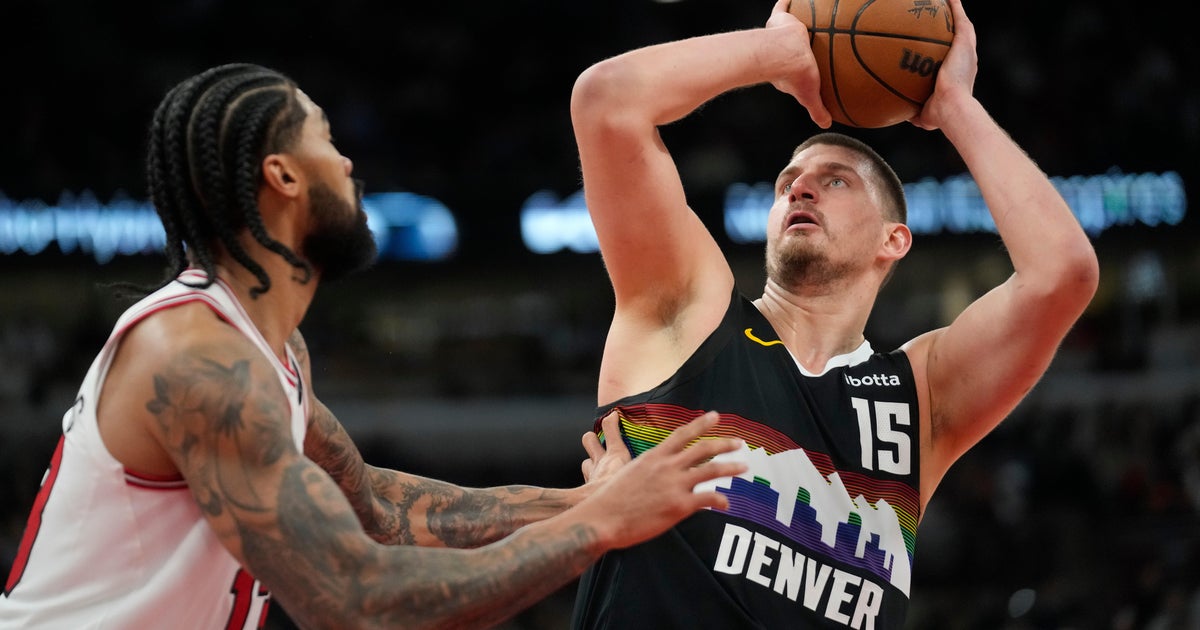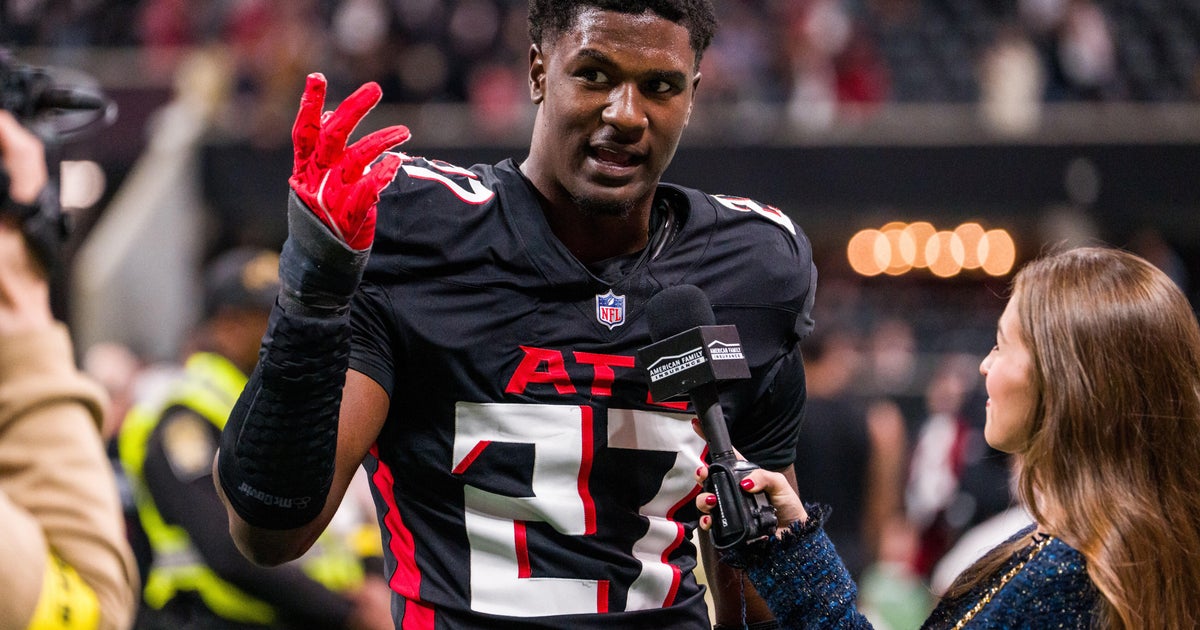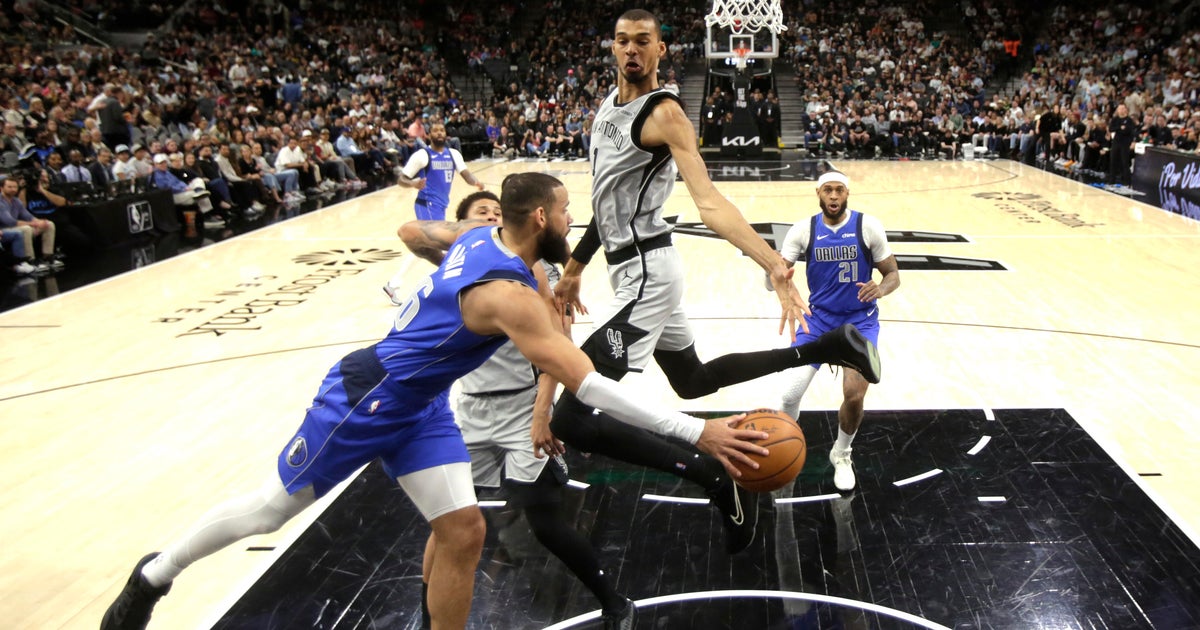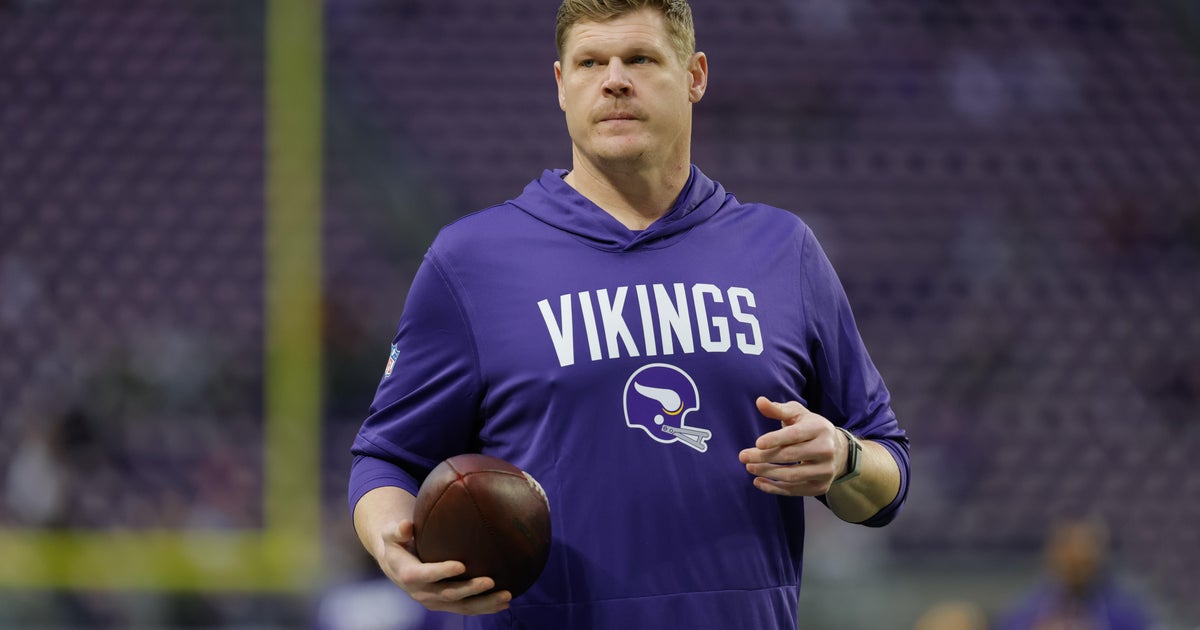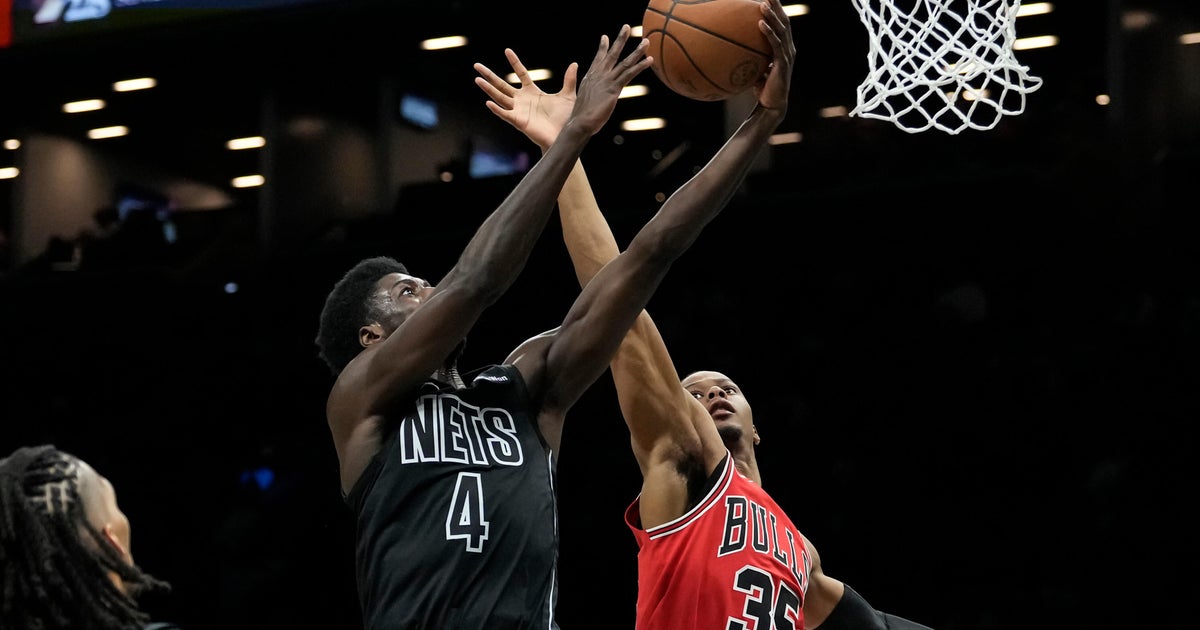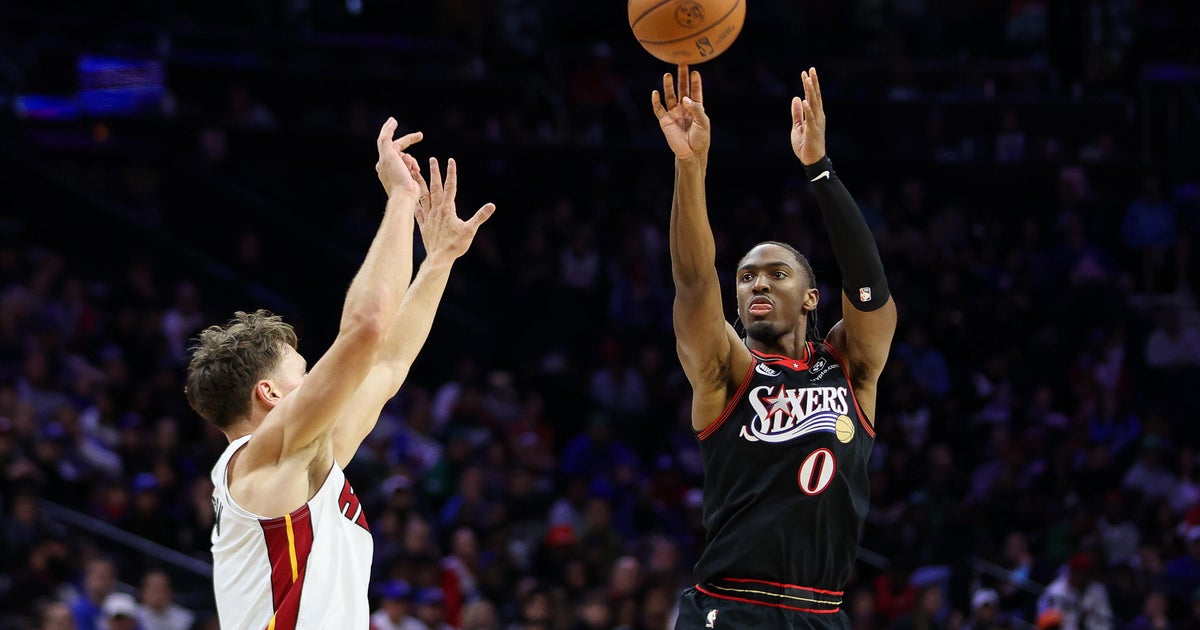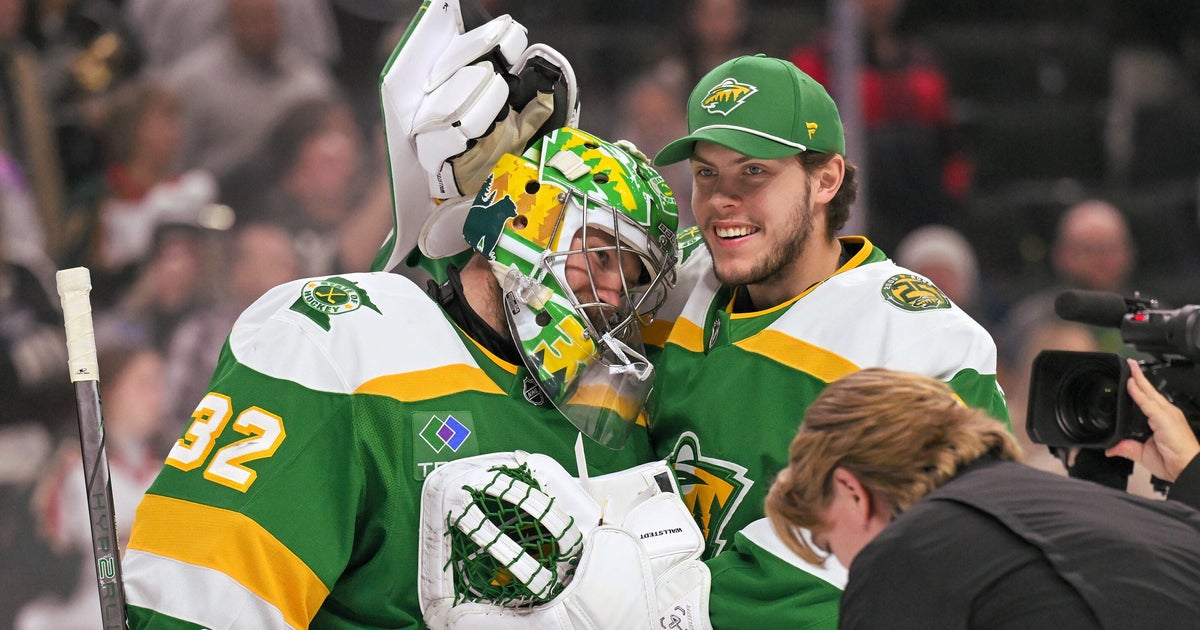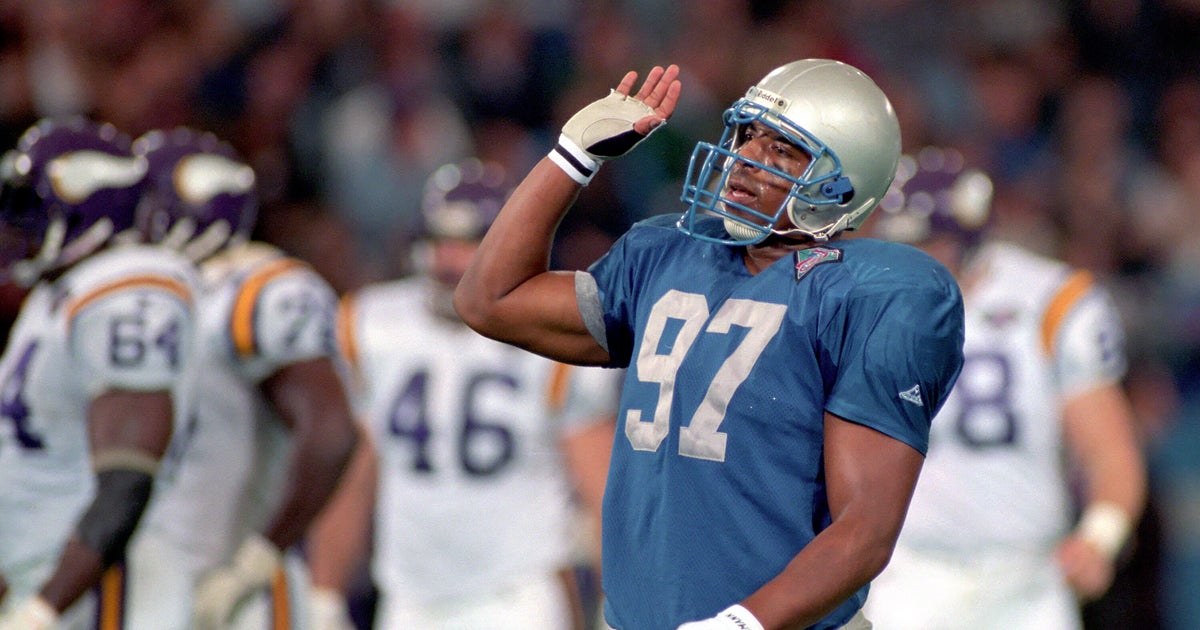NBA Lockout Begins
MIAMI (CBSMiami.com) – The Miami Heat, led by the Big Three, led an NBA renaissance last season taking the league to levels not seen in years. Fans and media were excited about the league and looking forward to next year.
So, the NBA and the NBA Players Association will repay the fans by starting a work stoppage that threatens to tear down everything that was built last season.
Unlike the NFL lockout, the NBA's lockout will likely last deep into the year and could cost owners and players preseason and regular season games. The irony is that both sides seem content to lose games and the money from them in order to secure the deal they think is best.
The NBA's longest work stoppage came at the beginning of the 1998-1999 season. The league had to push the start of the regular season to February 5th, and played a 50-game abbreviated schedule. It also killed interest in the league for a time, which has never been fully recovered.
Part of the problem comes from revenue-sharing and a hard salary cap, which neither side will agree to in order to bring the league into the same boat as the NFL. Without revenue-sharing, a select handful of teams are the only ones who can truly compete.
For example, David Stern became the NBA Commissioner roughly 28 seasons ago. In that time, only eight different teams have won NBA Championship. The teams include: the Lakers (8 titles); the Bulls (6); Spurs (4); the Celtics (3); the Pistons (3); the Rockets (2); and the Heat and Mavericks each have one.
During the same time period in baseball, 18 teams have won the World Series.
Part of the problem with that comes from teams simply not being able to match the revenue streams from cities like Los Angeles, Chicago, Boston, and Miami.
Even though the NBA has a luxury tax, owners willing to spend like Mickey Arison of the Heat and Mark Cuban of the Mavericks can exceed it and land the best players. The luxury tax money is then shared out for all the teams, but by then it's usually too little, too late to land the best players.
The owners are looking to reduce player salaries by one-third and instead of having a 60-40 revenue split favoring the players, they want a 60-40 revenue split benefiting them. Small-market owners, who are younger to the game and more aggressive, want better revenue-sharing to allow more teams to compete.
One area that owners wanted to fight over was guaranteed contracts. It was an attempt by owners to protect themselves from themselves. At issue were contracts like former Knicks center making $11.2 million without playing a game.
The players counter saying they must be able to keep guaranteed contracts and wants revenue-sharing to be part of the collective bargaining agreement in order to force small market teams to spend more on the players.
The fact remains though that despite all of the success the NBA had last season riding the Miami Heat's coattails, many teams didn't make money. According to CNBC's Darren Rovell, 60 percent of the NBA's teams are losing money.
So, missing games will not impact the owners that much, especially smaller market owners who can meet their fiscal goals by not having to pay players for weeks.
What will determine when the deal gets done will be how the players can manage their money when paychecks start to be missed, and how fans begin to react as games begin to be missed.
